Headphone extension cables offer the convenience of extra reach, but do they come at the cost of sound quality? The short answer is: it depends. Factors like the cable’s length, the quality of its materials, and how well it matches your headphones all play a crucial role. A well-made cable might have no noticeable impact, while a cheap, long one could degrade your listening experience. This guide will help you understand what to look for to maintain audio fidelity.
What is a Headphone Extension Cable?
A headphone extension cable is a simple accessory with a vital purpose: to give your wired headphones a longer reach. It allows you to connect to audio sources that are farther away, like a desktop computer under a desk or a stereo system across the room, without being tethered too closely.
This added length provides freedom of movement and flexibility in how you set up your listening environment. Instead of sacrificing comfort, you can enjoy your audio from your favorite spot.
There are several types of extension cables, each designed for specific devices and audio needs. Choosing the right one is the first step in preserving your sound quality.
| Type | Common Use Case |
| Standard 3.5mm Stereo | General use with most standard headphones and devices. |
| TRRS Cables | For headphones with a built-in microphone, like on smartphones. |
| Balanced Cables | Used in professional audio setups for clearer, noise-free sound. |
| Heavy-duty Cables | Designed for durability in demanding environments like recording studios. |
Understanding these types helps you match the cable to your specific headphones and audio source, ensuring a proper connection.
Key Factors that Affect Sound Quality
When you introduce an extension cable into your audio setup, several variables can influence the sound that reaches your ears. It’s not just about adding length; it’s about how that added length transmits the audio signal. The quality of the cable itself is paramount.
The three main elements to consider are the cable’s length, the materials it’s made from, and the quality of its connectors.
- Cable Length: The longer the cable, the higher its electrical resistance. This can lead to a slight drop in volume and a potential loss of detail, especially in higher frequencies.
- Material Quality: Most quality cables use oxygen-free copper (OFC) because it is an excellent conductor. Cheaper cables may use lower-grade materials that don’t transmit the signal as cleanly.
- Shielding: Good shielding protects the audio signal from outside electromagnetic interference (EMI) from things like power cords and Wi-Fi signals, which can cause buzzing or static.
A high-quality, well-shielded extension cable is designed to minimize these negative effects. While a very long or poorly made cable can certainly degrade audio, a good one should preserve the sound with minimal, often unnoticeable, changes for most listeners.
Understanding Signal Loss and Distortion
The main concern with any extension cable is signal degradation. This happens when the audio signal weakens or gets altered as it travels from the source to your headphones. Two key technical concepts to understand here are impedance and resistance.
Impedance is essentially the opposition to the flow of alternating current. Your headphones have a specific impedance rating. Adding a cable with high resistance can create an impedance mismatch, which can result in reduced volume and a less dynamic sound. For instance, it might make the bass sound less punchy or the treble less crisp.
Distortion can also occur, changing the frequency response of your audio. This means some frequencies might become more pronounced while others are diminished, altering the original sound balance intended by the artist. A poor cable can act like a filter, subtly changing the character of your music.
How to Choose the Right Extension Cable
Selecting the right cable doesn’t have to be complicated. By focusing on a few practical considerations, you can find an extension that offers convenience without a significant sacrifice in audio performance. The goal is to find a balance between your needs and the cable’s specifications.
First, determine the shortest length you actually need. Avoid buying a 20-foot cable if a 6-foot one will do, as this immediately reduces the potential for signal loss. Next, check the connectors to ensure they match your device and headphones perfectly.
Look for cables that advertise features like oxygen-free copper wiring and gold-plated connectors. Gold plating is not just for looks; it resists corrosion and ensures a clean, solid connection over time. Finally, consider your use case. For a high-end audio setup, investing in a reputable brand is wise. For casual listening on the go, a durable, well-made standard cable is often sufficient.
| Factor to Consider | Why It’s Important |
| Required Length | Minimizes resistance and potential signal loss. |
| Connector Type | Ensures compatibility with your headphones and audio source. |
| Build Quality | Better materials and shielding preserve audio integrity. |
| Budget | Finds the best performance for your price range. |
Can You Actually Hear a Difference?
The final, and perhaps most important, question is whether you will personally notice a change in sound quality. The answer is highly subjective and depends on several things: the quality of your existing gear, the quality of the extension cable, and how trained your ears are.
An audiophile with a high-end pair of headphones and a dedicated amplifier is far more likely to detect subtle changes in clarity, bass response, or stereo imaging than someone using standard earbuds to listen to a podcast. For most casual listeners, a decent-quality extension cable will produce no perceptible difference in sound.
The best way to know for sure is to test it yourself. Listen to a familiar, high-quality audio track with your headphones plugged directly into your device. Then, listen to the same track again with the extension cable. If you can’t hear a negative difference, then the cable is doing its job perfectly for your needs.
Frequently Asked Questions
Do all headphone extension cables reduce sound quality?
Not necessarily. While any cable can potentially introduce minor signal degradation, a high-quality, well-shielded cable of a reasonable length should not noticeably affect sound quality for most listeners. Poorly made or very long cables are the most likely culprits for audible quality loss.
How does cable length impact audio?
Longer cables have higher electrical resistance, which can cause a slight drop in volume and a loss of clarity, particularly in high-frequency sounds. For best results, it’s always recommended to use the shortest cable length that meets your needs.
What materials should I look for in an extension cable?
Look for cables made with oxygen-free copper (OFC) wires, as they are excellent conductors for audio signals. Additionally, gold-plated connectors are beneficial because they resist corrosion and help maintain a clean, reliable connection over time.
Will a cheap extension cable damage my headphones?
It’s highly unlikely that a cheap extension cable will physically damage your headphones. However, it can certainly lead to poor audio performance, including static, crackling, or a significant drop in sound quality due to poor materials and construction.
Are expensive “audiophile” extension cables worth it?
For most users with standard equipment, the difference between a good-quality standard cable and a very expensive audiophile cable is often negligible. They are typically worth considering only if you have a high-end, professional-grade audio setup where even the most subtle improvements in signal integrity are desired.

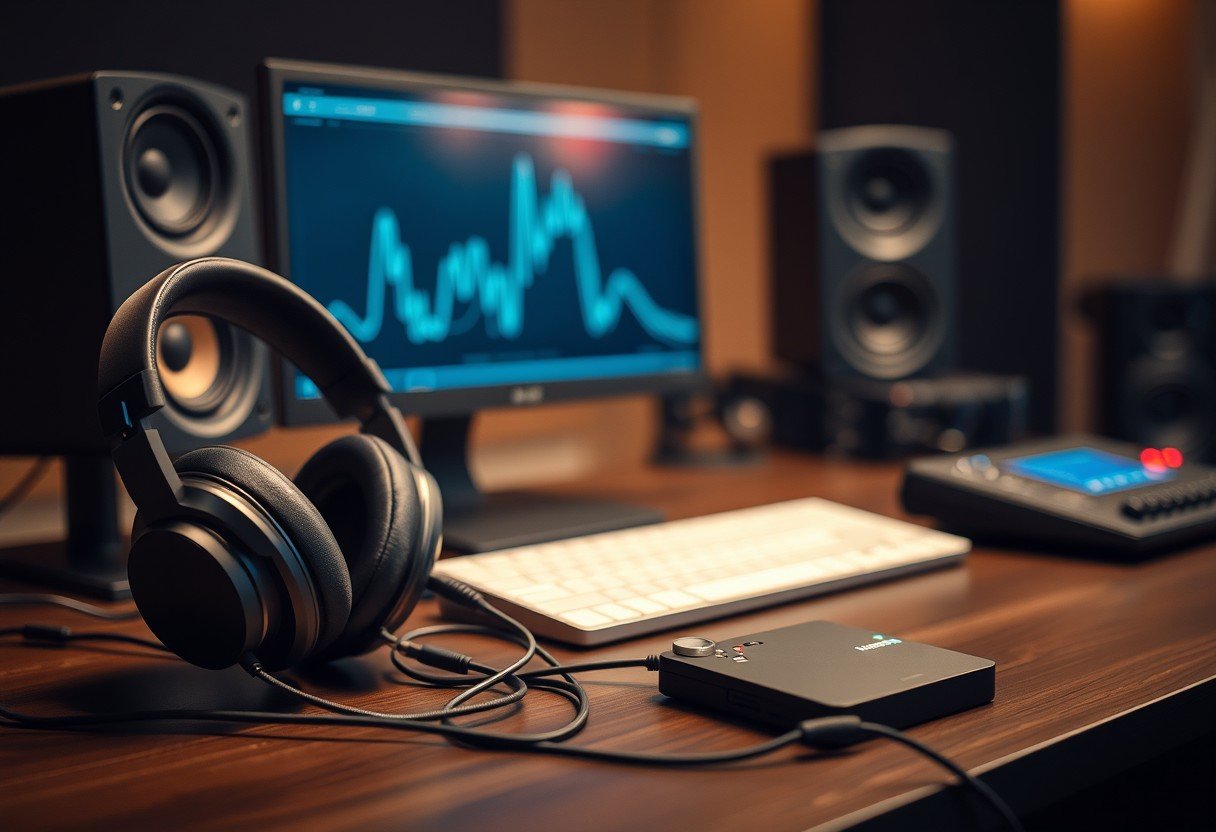
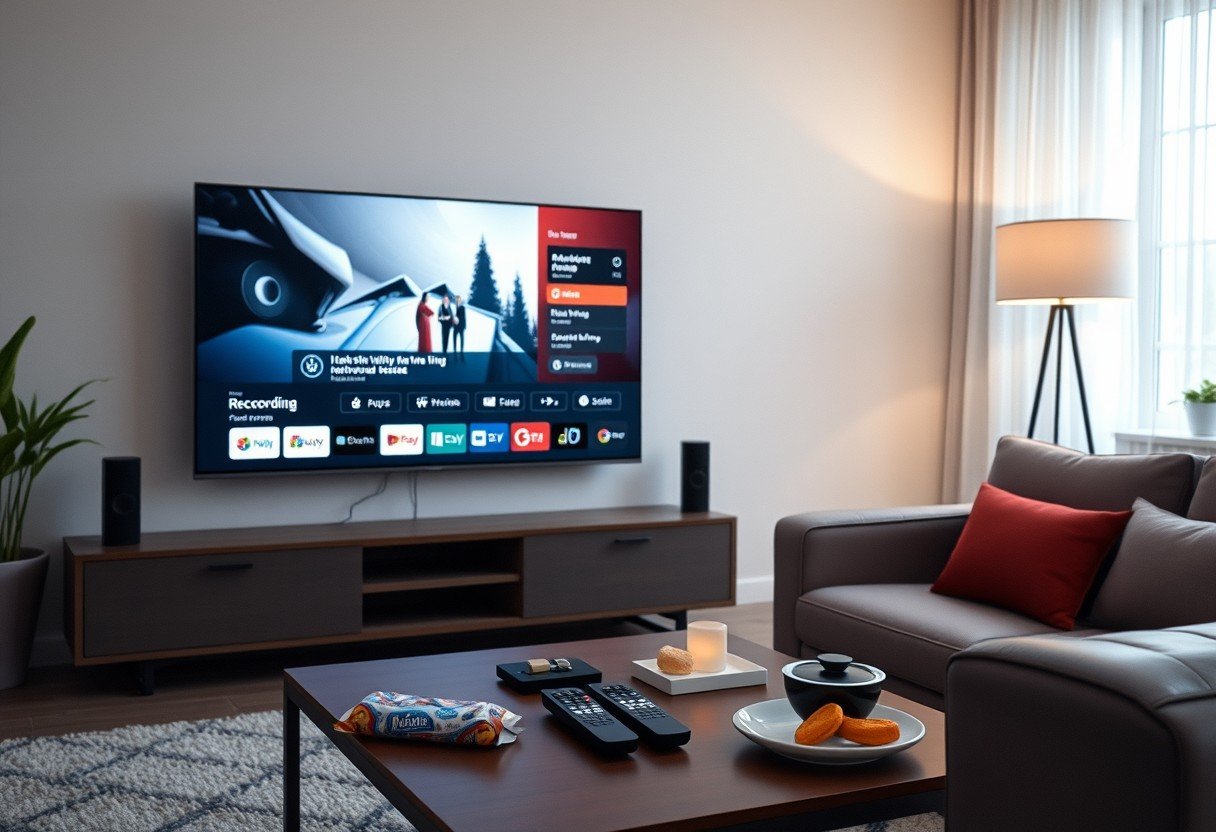

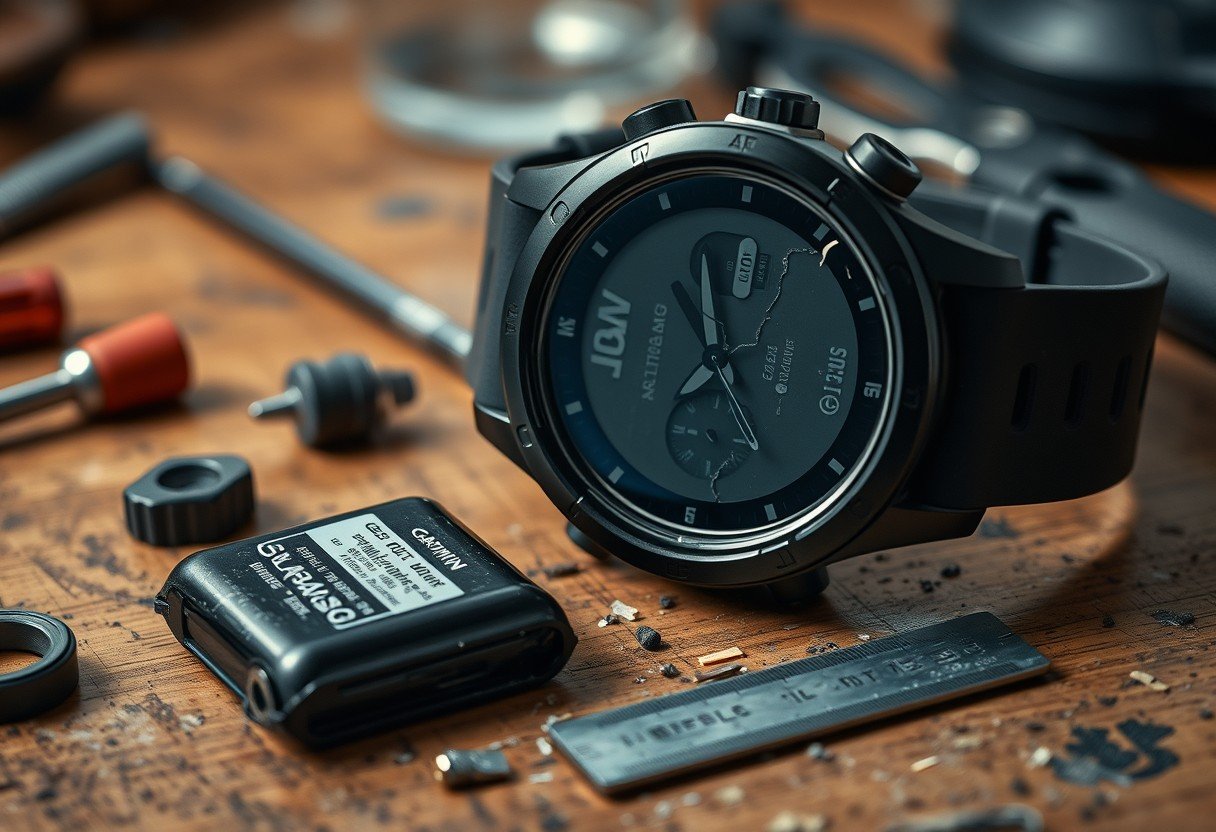
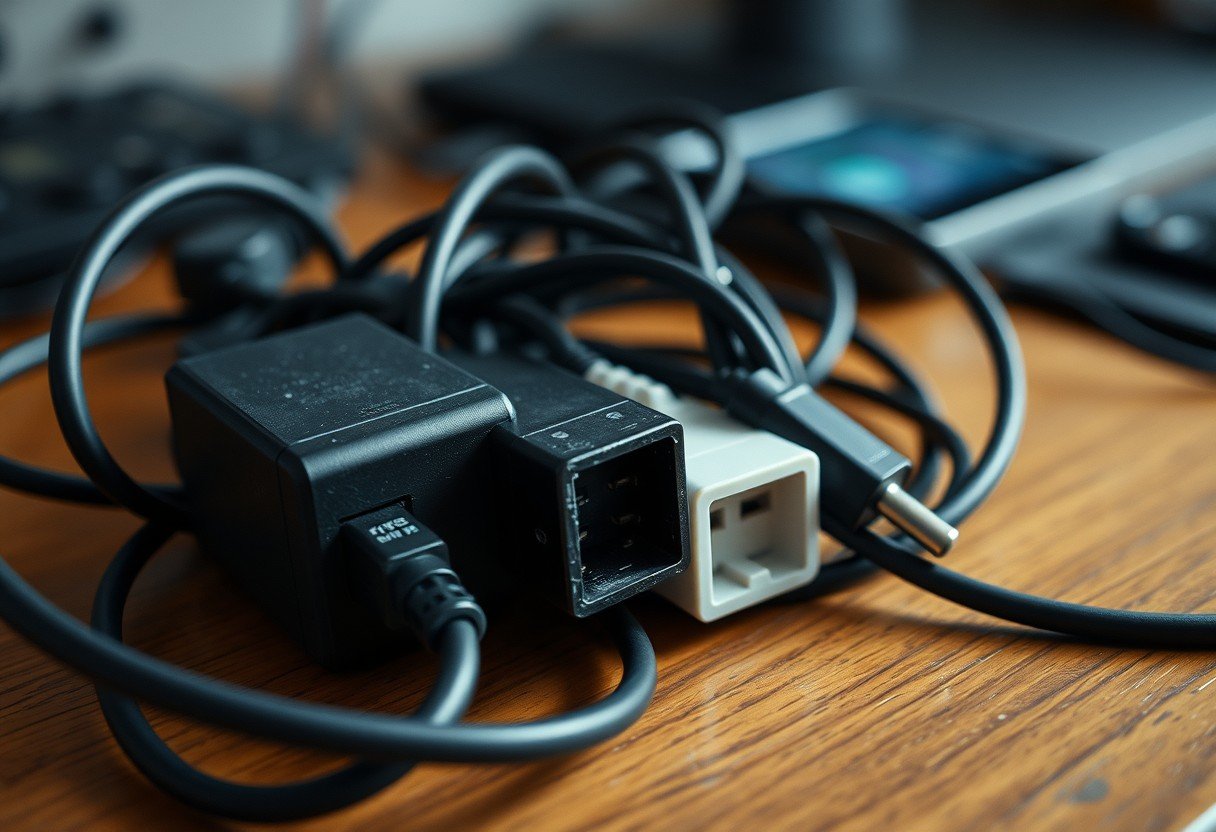
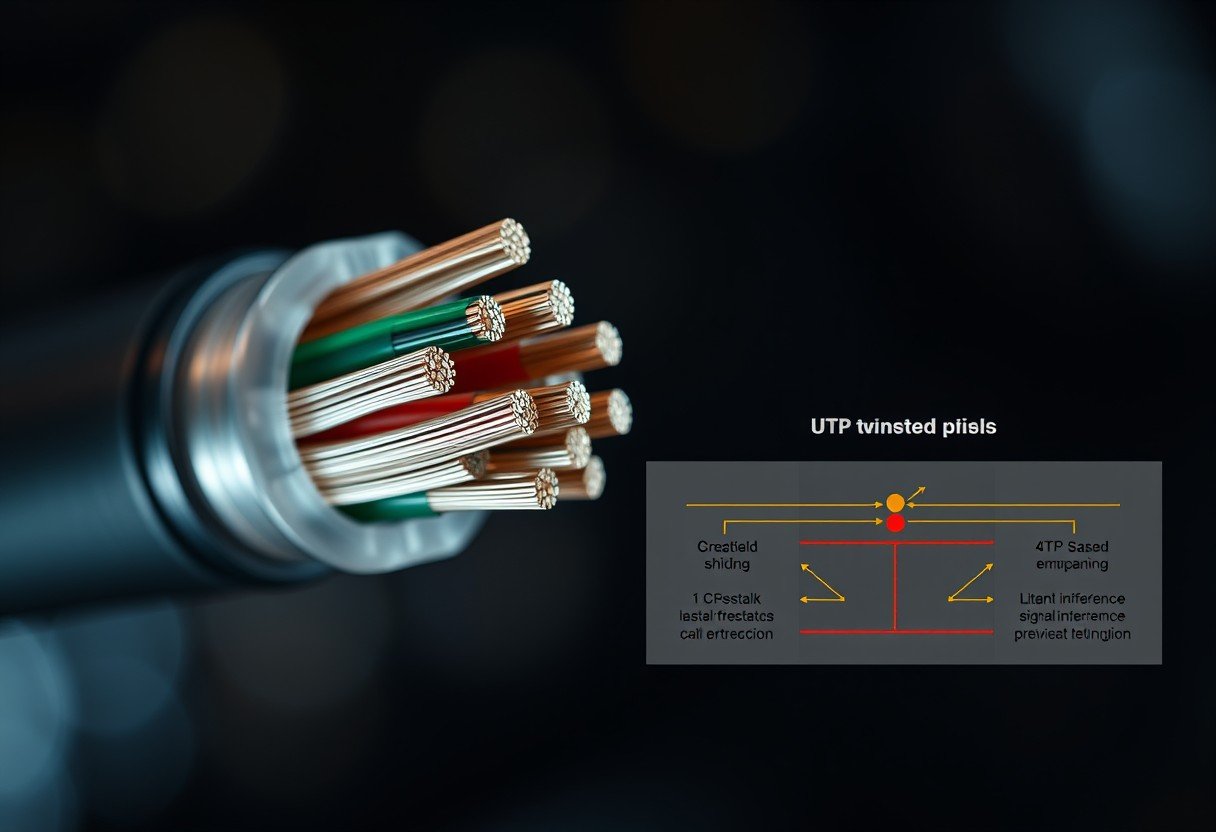

Leave a Comment